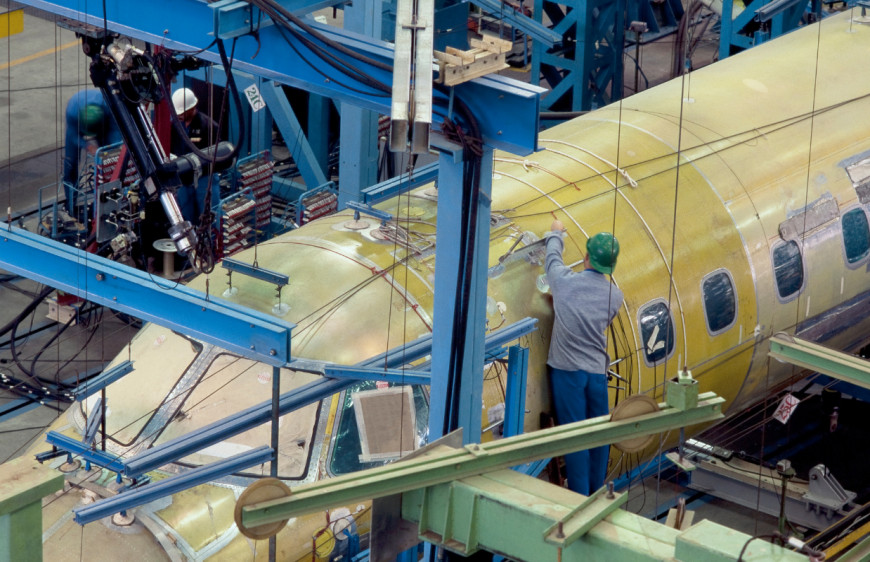The Phenomenal Growth of the Airline Industry
The airline industry has witnessed a remarkable journey of growth and transformation since its inception. What began as a novel mode of transportation has evolved into a global economic powerhouse, connecting people, cultures, and economies like never before. In this article, we will explore the incredible growth story of the airline industry, highlighting the key factors that have fueled its expansion.
Birth and Early Growth
The airline industry can trace its roots back to the early 20th century, with the first scheduled commercial airline service starting in the United States in 1914. These early airlines primarily operated short-distance flights, often carrying mail as their primary cargo. Over the following decades, airlines expanded their routes and began carrying passengers, marking the beginning of commercial aviation as we know it today.
Post-World War II Expansion
World War II served as a catalyst for the airline industry's growth. After the war, surplus military aircraft were converted for commercial use, making air travel more accessible to the public. The 1950s and 1960s saw the introduction of jet aircraft, such as the Boeing 707 and the Douglas DC-8, which significantly reduced travel times and further fueled the demand for air travel.
Deregulation and Market Competition
The industry took a significant leap forward in 1978 when the Airline Deregulation Act in the United States led to increased competition and lower fares. This shift allowed new airlines to enter the market and spurred innovation in services, routes, and pricing. Passengers benefited from more choices and affordable airfares.
Globalization and International Routes
The process of globalization further propelled the airline industry's growth. Airlines began expanding their routes beyond national borders, connecting cities and countries worldwide. Major international airports like Dubai International Airport and Singapore Changi Airport emerged as key hubs for global travel, facilitating seamless connections between continents.
Technological Advancements
Advancements in aircraft technology have played a pivotal role in the industry's growth. Modern aircraft are more fuel-efficient, environmentally friendly, and capable of longer-range flights. The introduction of wide-body aircraft like the Boeing 747 and Airbus A380 allowed airlines to carry more passengers over longer distances, increasing efficiency and profitability.
Rise of Low-Cost Carriers
The emergence of low-cost carriers (LCCs) in the late 20th century brought about a new era of affordability in air travel. Airlines like Southwest, Ryanair, and AirAsia revolutionized the industry by offering no-frills, budget-friendly options for passengers. This model attracted a new segment of travelers and further boosted industry growth.
Challenges and Adaptations
While the airline industry has experienced phenomenal growth, it has also faced numerous challenges, including economic downturns, security concerns, and environmental pressures. Airlines have adapted by implementing cost-saving measures, enhancing security protocols, and investing in eco-friendly initiatives to address these issues.
Future Growth and Sustainability
Looking ahead, the airline industry is poised for continued growth, albeit with a greater emphasis on sustainability and innovation. Airlines are investing in biofuels, electric aircraft, and carbon offset programs to reduce their environmental footprint. Moreover, the COVID-19 pandemic, while a significant setback, has prompted airlines to innovate and adapt to changing travel patterns, ensuring a resilient future.
The airline industry's growth journey is a testament to human ingenuity, connecting people, cultures, and economies across the globe. From humble beginnings to the modern age of rapid travel, the industry has demonstrated its resilience and adaptability. As it continues to evolve, the airline industry will remain a driving force in shaping the way we connect, explore, and conduct business on a global scale.


